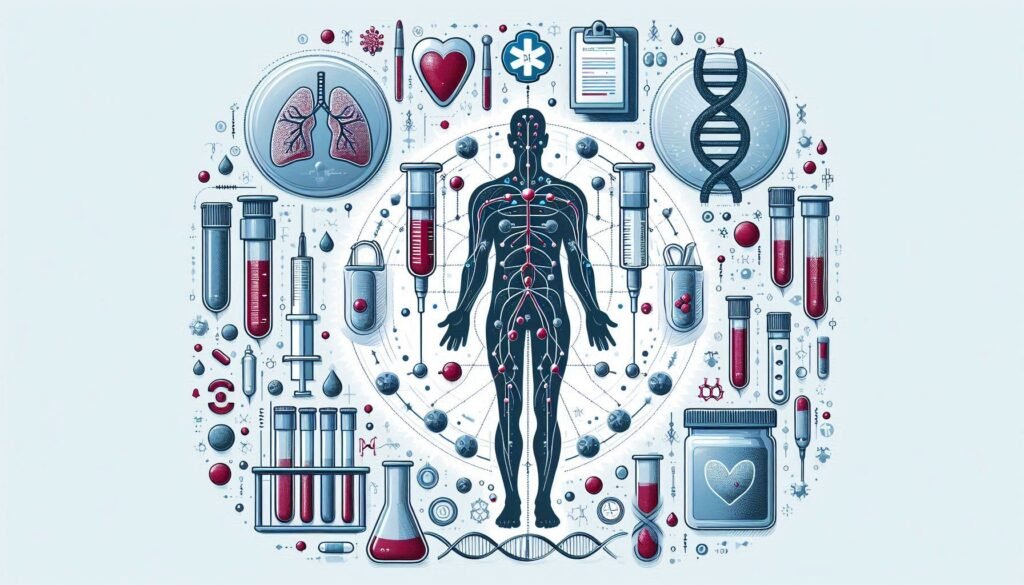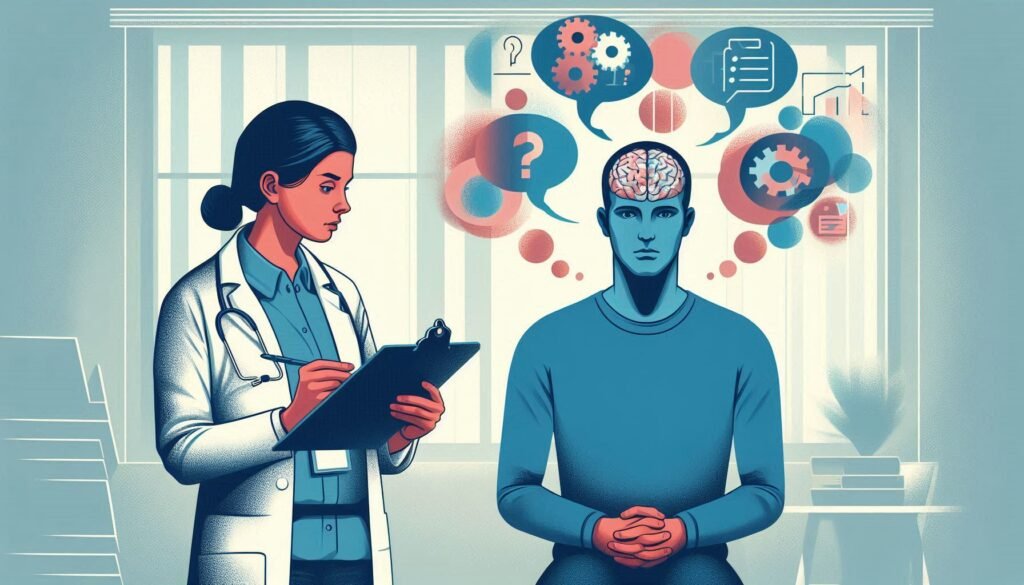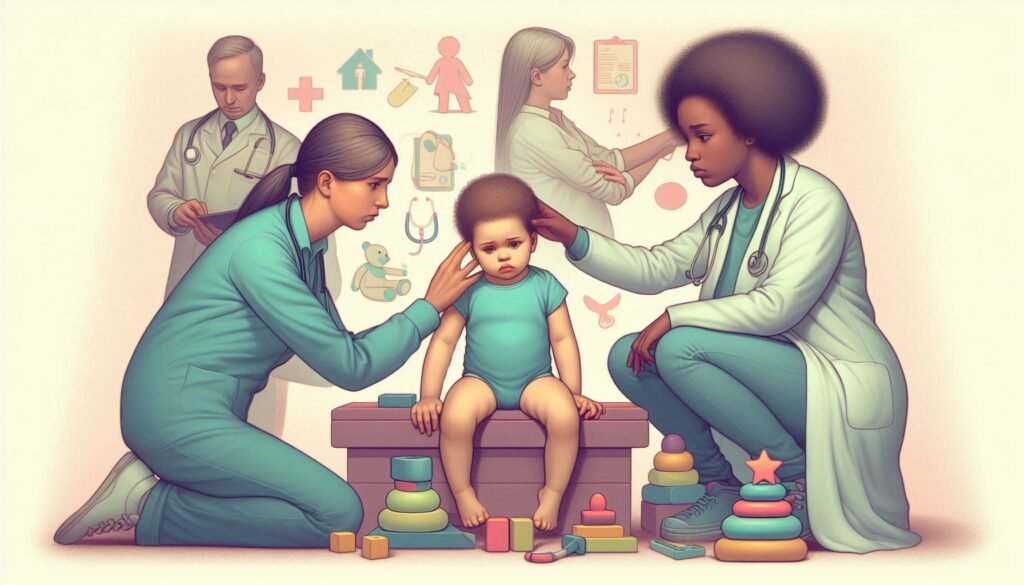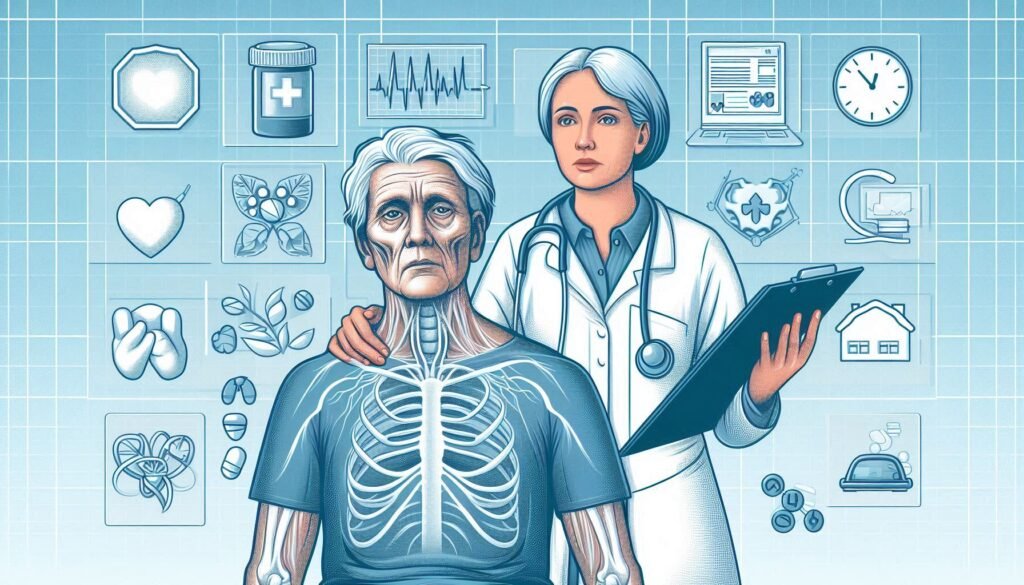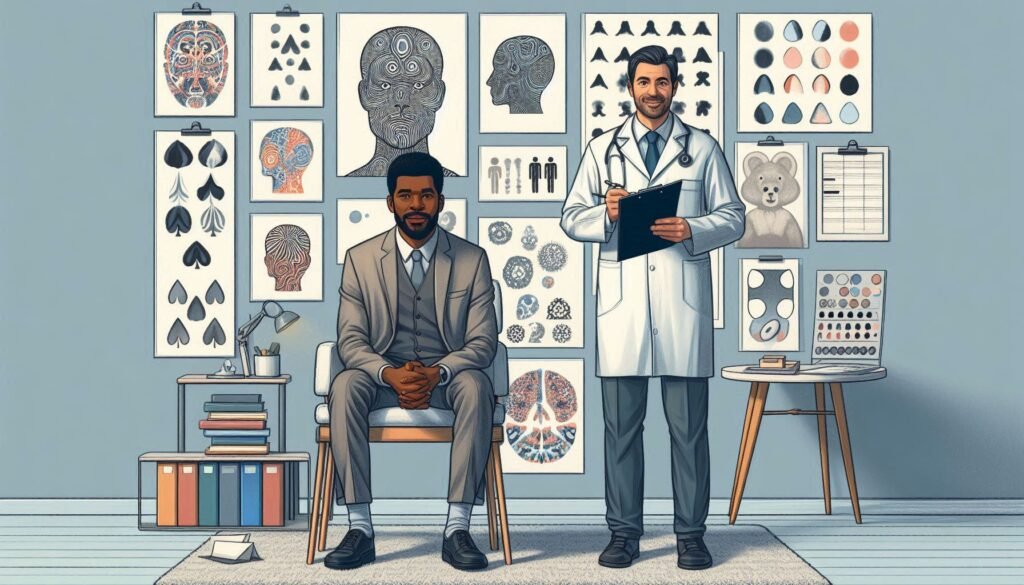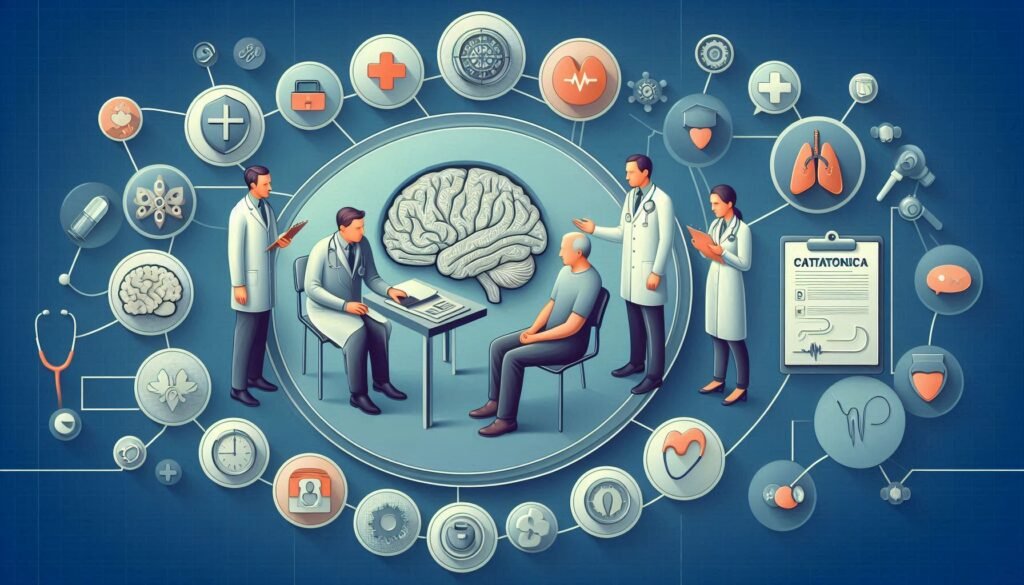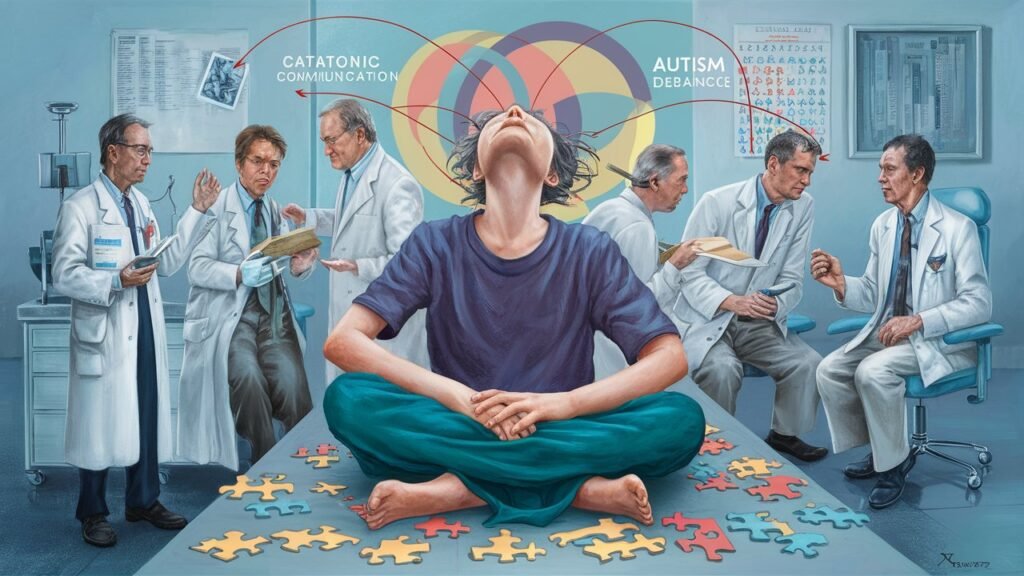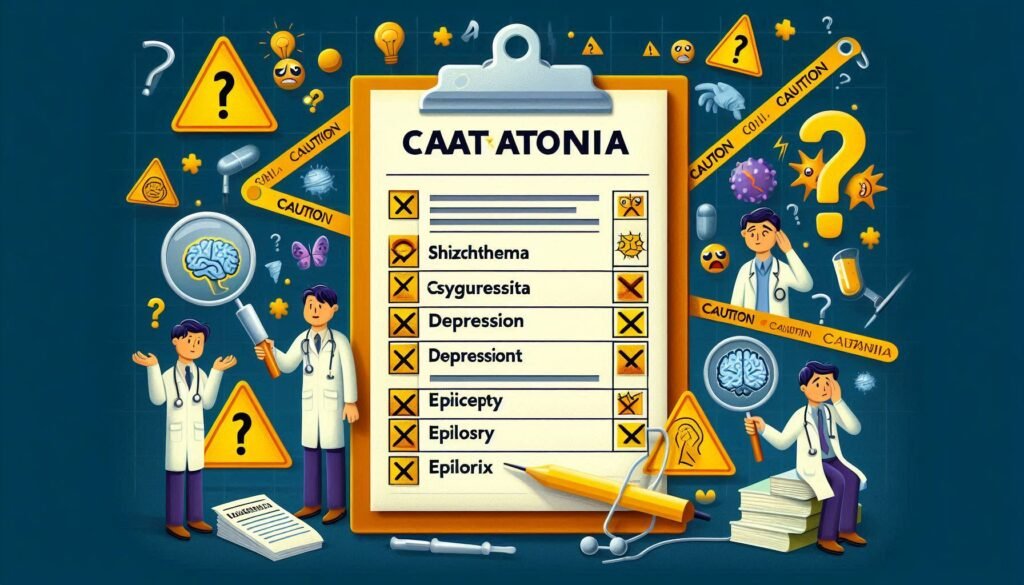Beyond Observation: Essential Laboratory Tests for Diagnosing Underlying Causes of Catatonia
Catatonia is a complex and often misunderstood condition that can leave patients, families, and even healthcare providers feeling perplexed. It manifests as a range of symptoms including immobility, mutism, and extreme withdrawal from the environment. While observation plays an essential role in identifying catatonia, it’s crucial to delve deeper into its underlying causes through laboratory […]

